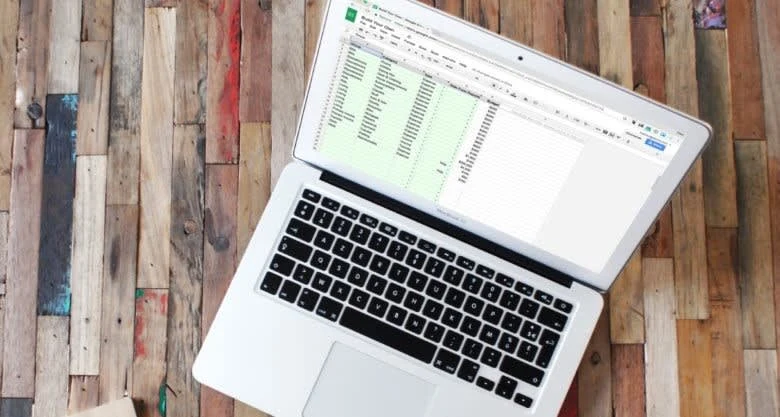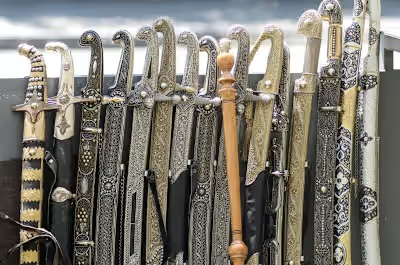The Gains of Sticking to a Budget
If you're someone who does not have a lot of money, it's difficult to spend what little you have. But fortunately, there are ways to stick to a budget and still get by, even if you don't make a lot. Before you start budgeting, it's important to figure out what your priorities are. When you know what you want, you are in a better position to find ways to make it happen. If saving for a car or house is a top priority for you, your budget must reflect that. You can also find ways to save money on other ordinary expenses like groceries and entertainment, so you can put the extra cash into your emergency fund.
The reward of having a sound financial situation might not be so obvious at first, but it will become more apparent as you start to save money and stick to a budget. First off, saving money for the future is always good for your financial security and well-being. Saving money is an investment in your future and yourself. Secondly, having a sound financial situation will help you manage your money more efficiently. Having a budget will help you keep track of how much money you have available to spend on different things. This way, you will know when you can afford something or else make sure that it doesn't become a problem in the future.

Plus, saving money can be motivating and rewarding for yourself as you stick to a budget. If you stick to your budget and spend wisely, you can reward yourself with a small purchase or even dinner at a nice restaurant. You can use this rewarding technique as motivation to stick to your budget and not let yourself overspend.
Do you want to learn how to stick to a budget? It's easier than you think! I have outlined ways for you to make sticking to your budget easier.
Figure out How Much Money is Coming in Each Month
Many people don't stick to a budget because they don't know how much money they're making each month. It's easy to just go with what you're given, but if you take the time and try this one method, you'll be able to figure out a lot more in no time! So, you need to track your expenses for at least 3 months and find the total income you had in each of those months. Then, subtract from your total income the total expenses that you had and divide by 3. This is how much money you have each month. By doing this, you will then figure out how much money is coming in each month so that you can stick to a budget and stop wasting your money!
Then, there should be a clear separation between expenses and income. This separation allows for more effective tracking of budget items. By having this type of structure in place, you can develop an effective budget that will help you to achieve your goals and stick to your financial obligations.
Create a Schedule

The days of “I will figure it out later” are over. Now you can create a schedule so you can stick to a budget! If you want to get ahead in life or start saving for retirement, you need to know where your money is going. Start by mapping out a budget for the month and having your family members make one too. Then make a to-do list of all the money-saving activities you'll be doing. For example, if you want to save $200, find out how many times you eat out a month and then decide what to do about it. You could start by making your own lunch every day. You realize you save $20 every week by making your own lunch. The key to sticking to a budget is setting clear rules that you understand and follow. Create a chart and use it to keep yourself on track. Even with a budget, you can’t get ahead if your schedule is not set up to handle it.
Set Specific Goals
If you're trying to stick to a budget but having a difficult time, consider setting specific goals so that you can accurately budget for the things that are important to you. This way, if your finances take an unforeseen turn for the worse, then at least some of your goals will be accomplished and you won't lose out on everything. You need a specific budget that is based on realistic expectations. You could split your budget into two sections: spending money and saving money.

Set Long-term Financial Goals
Budgeting for the short term does not work. By setting longer-term financial objectives, you'll be able to see the big picture of what's important in your life and plan for the future. Maybe you want to save up to $2,000 by the end of the year and eventually buy a car. It's unrealistic if your goal is to buy a brand-new car tomorrow. You'll never save up that money in one year, and with interest rates so high, you'd be better off buying your dream car on finance than paying full price at the dealership. You need to set long-term financial goals and then break them down into smaller tasks that can be accomplished each month or quarter to achieve your objectives so you can meet them on time.
You need to set up monthly financial goals with realistic time frames and deadlines. Once you've set these goals, you realize you can stick to them and pull them off. Achieving money goals means you'll have to set realistic, attainable financial goals.
Give Yourself Some Credit
The key to a good budget is to allow yourself a little breathing room. You will not be able to stick to the plan without giving yourself some credit for your achievements. Set the goals and pat yourself on the back whenever you have successfully achieved a saving "win".

Discipline and Accountability are important
As kids, we were often told that discipline and accountability are important so you can stay on a budget. This is true, but it's not just an adult thing. Kids need to know that even though they won't always get what they want when their parents or teachers say something like "no", it means "no". When kids hear this, they know that it's important for them to listen to what adults say because it's for their good. It's not just about spending all your money but also staying within a budget so you can have fun later in life as well as be more responsible. You need to set some standards for your budget and stick to them every day of the month, as well as every month of the year – especially if you are managing multiple budgets in different areas of your life, such as home, career, car servicing, and family money management.
Discipline and accountability are not innate traits—they need to be developed over time with thoughtful consideration and self-awareness. Without discipline and accountability in place, you will not be able to stick to a budget, commit yourself fully to your goals, and meet your financial obligations. The good news is that discipline and accountability are developed in the long term through training and self-awareness. As you continue to grow in these areas, you will be able to develop your discipline and accountability—two key elements involved in becoming financially successful.
Have a Place to Store Your Information
One of the best pieces of advice a financial advisor will ever offer you is to organize your finances. Beyond just balance sheets, organizing your finances means taking care to store receipts, bills, and other documents to avoid spending money without knowing about it. The key is that you have a specific place for everything: whether that’s a physical file or folder (like an accordion-style folder) or an app such as Evernote on your phone.

Have an Accountability Partner
Achieving a goal is much easier when you have someone supporting you and pushing you to do better. One of the best ways to stay committed is to get an accountability partner—someone who will help track your spending habits and progress and help set realistic goals. The best part is that this can be done virtually and you don't have to be friends with your accountability partner or spend a lot of time with them to achieve this goal.
Final thought
The rewards of sticking to a budget are many, as you will see in the long term. The benefits of having a sound financial situation will improve your life in many ways that you won't necessarily see at first.
We know that budgets can be difficult to adhere to, especially if you have a pattern of purchasing unnecessary items. The first step on the road to success is budgeting effectively. Without an effective budget, people can't meet their financial obligations, leave a legacy behind, or even just make ends meet. A budget is one of the first steps to becoming a self-directed investor.
Like this project
Posted Apr 3, 2023
If you don't have a lot of money, it can be difficult to spend what you do have. Continue reading to learn more about the benefits of sticking to a budget.
Likes
0
Views
8






